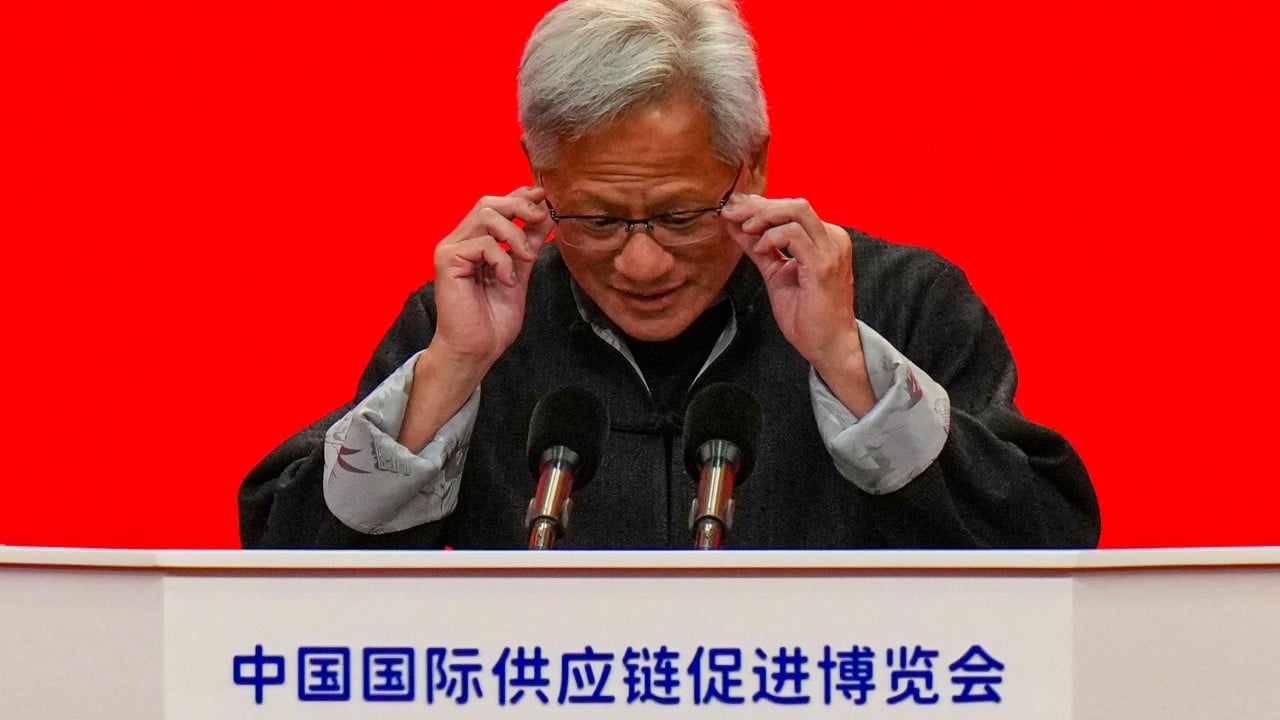When US tech giant Nvidia unveiled its B40-series chips for China – stripped-down versions of its more advanced H20 line – many in Washington and Silicon Valley believed they had struck a clever compromise. The United States would retain its technological lead while allowing China to buy “safe” alternatives that preserved its dependence on American suppliers. Nvidia, in turn, could continue to profit from one of its largest markets.
Advertisement
The logic was simple: Beijing would accept something rather than nothing. Yet China has responded with a decisive “no”. Regulators have reportedly ordered leading technology companies to halt purchases of these chips. Beijing has also opened antitrust investigations into Nvidia and raised pointed questions about safety and security risks. What might look like a minor technical dispute is, in fact, a turning point in the politics of global technology.
For decades, Chinese technology development was built on global supply chains dominated by American firms. Reliance on US chips, software and designs was tolerated as the cost of participating in globalisation. After all, every country depends on others in some way. But Washington’s decision to impose sweeping restrictions on high-end artificial intelligence (AI) chips shifted the calculus in Beijing.
By banning the most powerful versions while allowing watered-down ones like the B40, US regulators hoped to slow China’s progress without forcing a full rupture. What they underestimated was how this policy reshaped debates inside China about technological dependence.
Once, many Chinese policymakers and entrepreneurs assumed that reliance on US hardware was inevitable – the unavoidable price of joining the global technology game. Building an entirely self-sufficient semiconductor industry seemed overwhelming. Experts routinely warned that catching up with America in high-end chips would take decades, perhaps generations.
Advertisement
But once Washington cut off access to the best technology, the conversation in Beijing shifted from whether self-reliance was desirable to whether it was unavoidable. Every ban, every tightened rule, every new licensing requirement strengthened the voices calling for indigenous innovation. What once looked like a distant dream suddenly became a national necessity.

